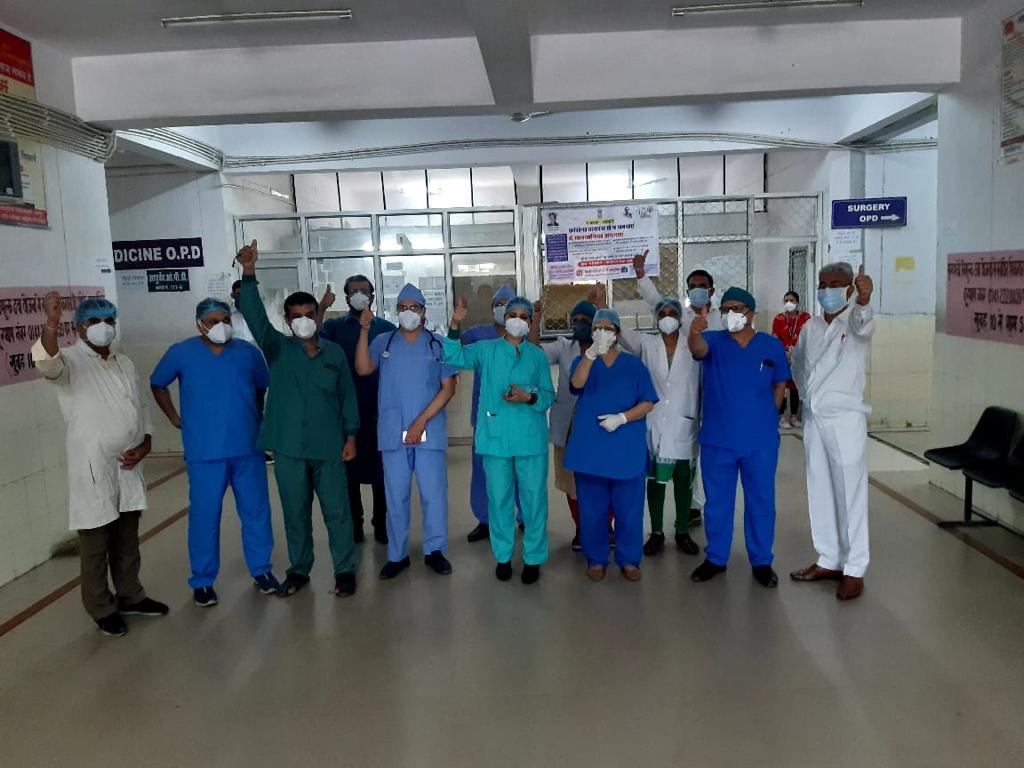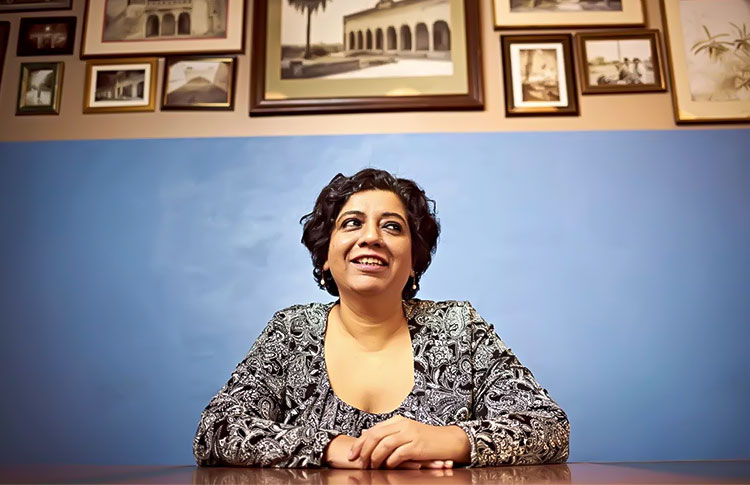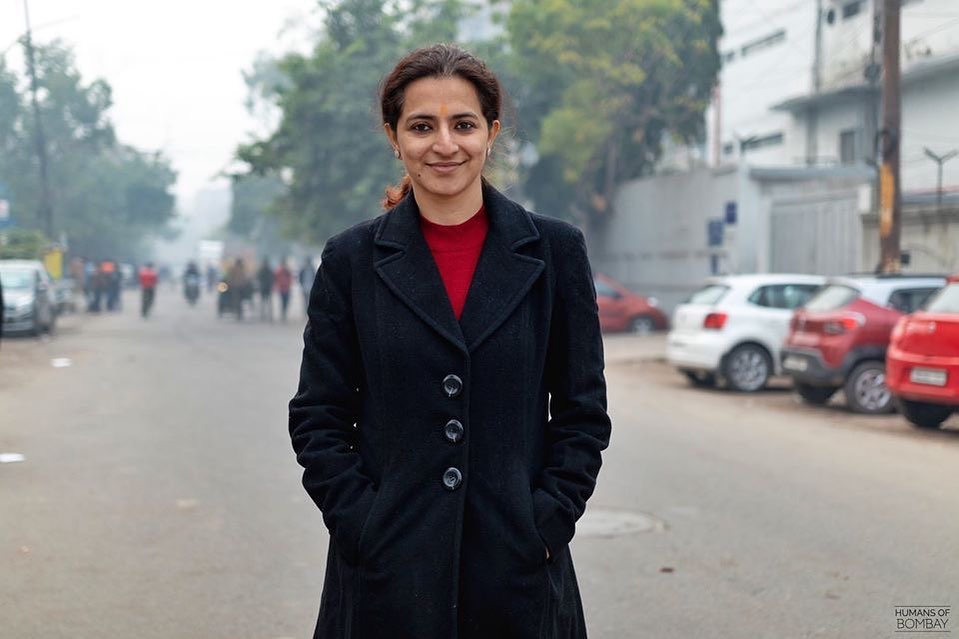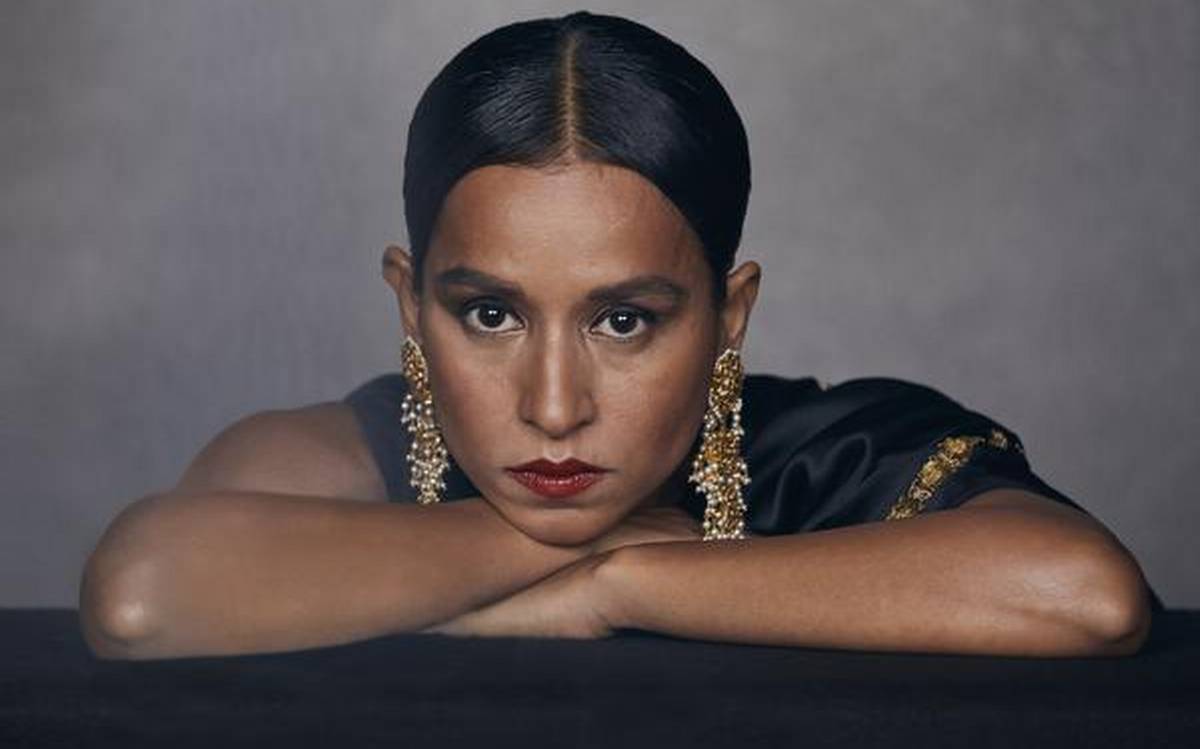First Lawyer From Her Village, Rakhi Is Bike-Riding Her Way Into Patriarchial Panchayats
- IWB Post
- February 9, 2018

When I called Rakhi Paliwal, the first woman lawyer of her village, she was riding a motorcycle.
The wind in her hair was making it impossible for me to hear anything she said.
“Wait, I’ll stop. You stay on the line.” She commanded. I waited patiently as I heard her parking her motorcycle and putting the bike-stand on. For the next half an hour she was going to talk to me about how her 4-year stint as the Vice-President of her village’s Panchayat influenced her. But right now she was just a motorcycle-riding, multi-tasking badass.
“The culture of villages is very different from that of cities. Over there, they don’t encourage women much. No matter how educated a woman becomes, they aren’t allowed to work or even get out.” Her experiences are a testament to what she says. She is the first woman to do many things; ride a bike, study law, hold Panchayat level Vice-Presidential office. In the small town of Rajsamand, women were kept in Ghoonghats and their participation in society was not appreciated. “There were 4 or 5 women members of the council because of the 50% reservation for women, but they were mere figureheads. Their husbands wielded the real power.”
She tells me that she is the village’s daughter. In fact, during her campaign, she promised the villagers she wouldn’t marry until her term was over. She dutifully maintained the promise. She says, “My term ended in early December 2014. I got married on the 15th of December, 2014. A promise is a promise. You have to keep the undertakings you make to your constituents.” With this level of conviction towards her job, she could teach all politicians a lesson.
Her ascent to power was surprisingly supported by her entire community. Her father who had once too held the post of Vice-President understood his daughter. “The people of the village were quite considerate actually. I think it might have something to do with my family background.” But do not mistake this support for her struggle being a cakewalk. “I remember my first day in office. I had no clue what I was supposed to do. Everywhere I looked, all I could see were men. It was scary for a village girl. I had inhibitions talking to them.”
Soon the Aastha Foundation set up a camp to train women panch and after Rakhi attended them, there was no turning back. She set up computer camps for women, conducted drives to encourage people to educate girls but her most landmark movement was her initiative against open defecation. “I took bike rides around my town from 4 to 6 in the morning. I’d try to stop people from defecating in the open, often that’d lead to arguments. They’d tell me how they were used to defecating in the open, that they had no space at home.” But she persisted. Rakhi believes sanitation is an essential issue in villages. On the backbone of the work she did as VP, she hopes by this year her village will be declared “Open-Defecation Free”.
Just like a bike ride, a conversation with Rakhi takes you through the motions of life. At moments she is happy about her achievements, and sometimes sad about all she could’ve done. Her low moments come when she tells me about the issues village women face. “They (Women) aren’t allowed to participate in the Panchayats. Sometimes it is because they just aren’t desirous. Sometimes the family patriarchs discourage them.” So she went on drives to tell women to ask for their rights. She tells me how she’d tell women to come to the Panchayats so they could give voice to their grievances. “If they don’t come, how will anyone ever understand their troubles?”
“Another big issue is that often when women earn, their husband takes away their earnings, spends it on alcohol and then beats up the woman. It’s absolutely appalling.” I strongly doubt this is an issue that only plagues village women.
Her days of politics are long gone. Now she runs an Nari Welfare Sansthan, an NGO that empowers widows, divorcees, unemployed women to find employment right from their homes. “I am 100% dedicated to the NGO now. That means now I am a social worker first and a politician later. I have different roles in different places; I go where I am needed.”
Her days of riding a motorcycle from 4 to 6 am and then rushing off to college 50 km away are long gone, but her schedule is still super hectic. “I leave for court at 6 in the morning and practice till lunch. Then I head back to the NGO and work there for the rest of the day.” Her commute alone is 3 hours. With this, I wondered why she doesn’t just move to Udaipur, where she practices law. She told me that her conscience wouldn’t allow this. “The women of the village need me the most. My sole interest is to serve them. I could never move.”
Today, she is an inspiration to the young girls of her town. “Now many girls are pursuing law. Many are riding motorcycles. Parents are allowing them to go to school. That is what gives me the most satisfaction.”
With women like her, I believe in a better India. As we hung up, I could almost picture her dusting off her bike-stand. Her motorcycle only went forward, much like the direction she was taking her community and country in.
- 0
- 0













